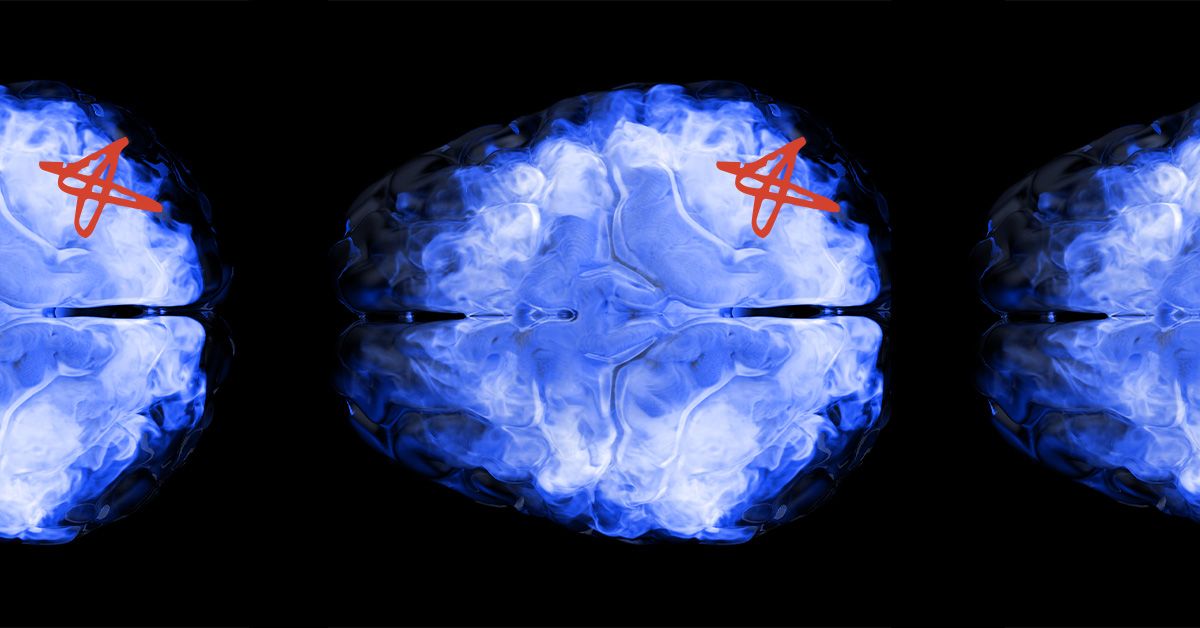Alzheimer’s disease affects millions globally with no cure. Accumulation of proteins beta-amyloid and tau in the brain is a leading theory behind the disease. A study by Oregon Health and Science University researchers sheds light on how the brain’s glymphatic system removes waste that could lead to problems. The research emphasizes the importance of quality sleep for brain waste removal and its potential implications for Alzheimer’s and other forms of dementia. Improving the brain’s ability to remove toxic proteins could alter the course of progressive brain diseases like Alzheimer’s and Parkinson’s.
The study involved injecting a contrasting agent into the cerebrospinal fluid of participants undergoing brain surgery. Special MRI imaging showed a waste-clearing system in the brain through perivascular spaces surrounding blood vessels. This waste removal process involves fluid being circulated through these channels, similar to removing waste in a kitchen sink. While mice studies have shown this process, the current study is the first to demonstrate it in humans. Proper sleep plays a significant role in enhancing the glymphatic system’s ability to clear waste, underscoring the importance of good sleep habits in maintaining brain health.
Promoting quality sleep could potentially improve waste removal from the brain and contribute to preventing Alzheimer’s disease and other forms of dementia. The study’s findings suggest that lifestyle measures such as sleep can impact the brain’s waste-clearing system and its ability to eliminate protein buildup linked to neurodegenerative diseases. The research team is exploring ways to enhance waste removal without drugs and welcomes volunteers for future studies. Further investigations are needed to understand how the waste-disposal system in the brain can be optimized to prevent or slow down the progression of Alzheimer’s and other related conditions.
Neurologists have mixed opinions on the clinical significance of the brain’s glymphatic system outside of neuro-oncology and neuro-infectious disease. While some see potential benefits in imaging the glymphatic system for treating brain tumors and infections, others question its relevance to cognitive behavioral neurology practices. The study’s participants, who had brain tumors removed before MRI imaging, may not represent the glymphatic systems of healthy individuals. Future research may involve imaging the glymphatic system in patients with brain infections or metastatic brain diseases to gain a broader understanding of its role in brain health. Despite some skepticism, ongoing studies on the glymphatic system could have implications for improving brain waste removal and addressing neurological diseases.








